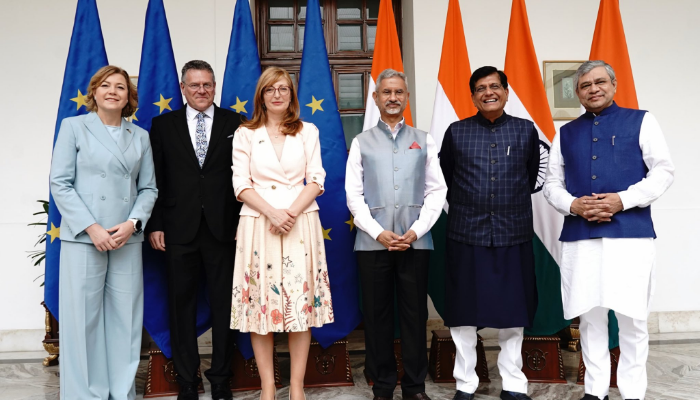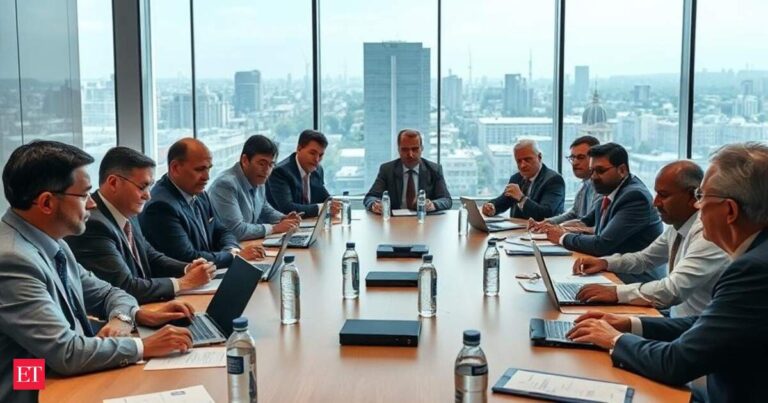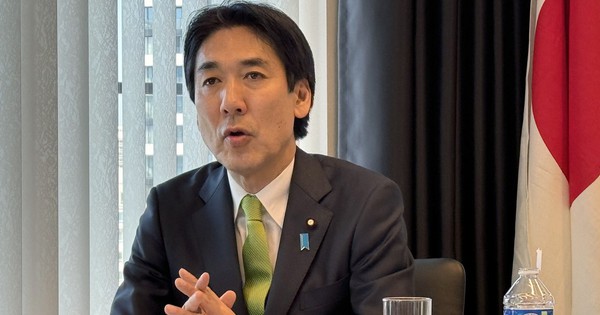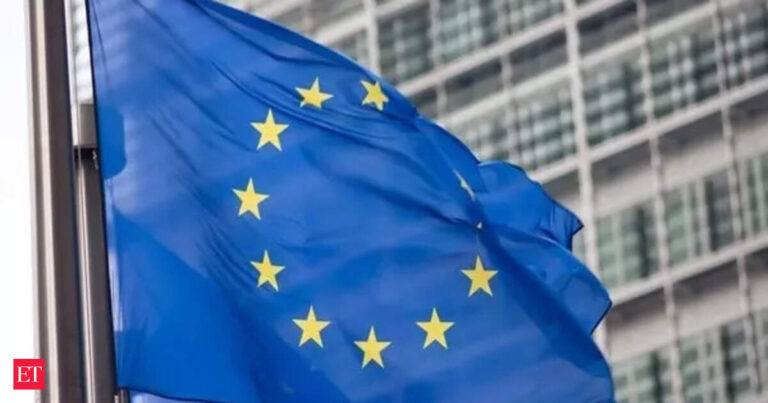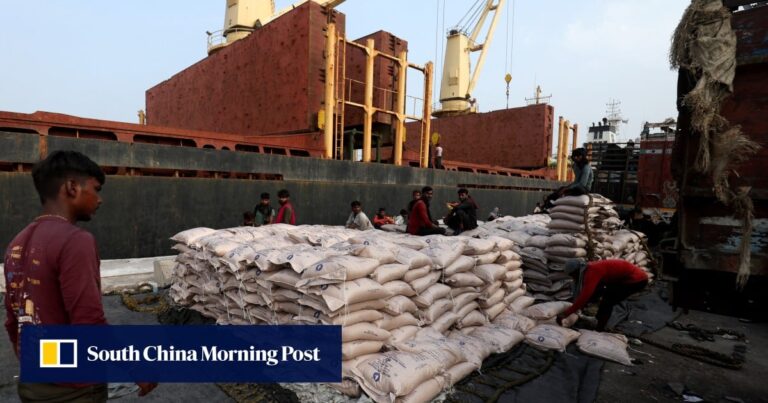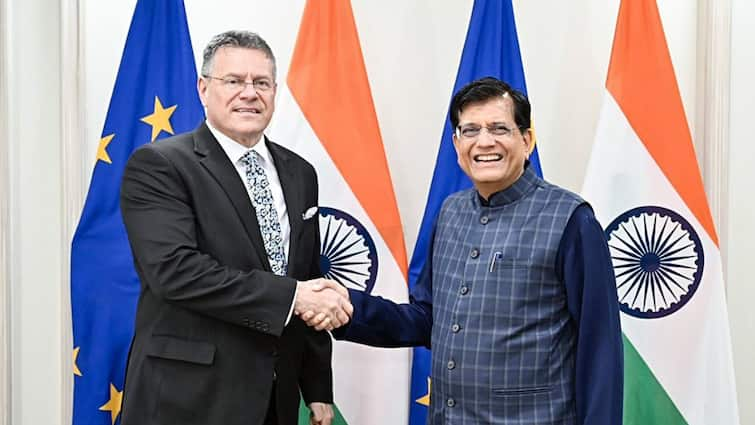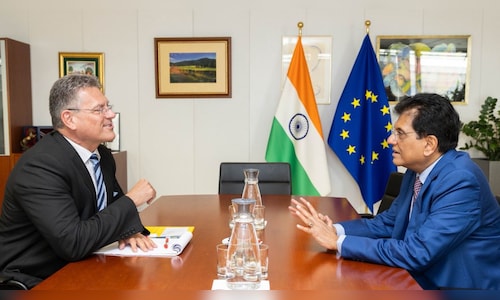
New Delhi, March 19 (PTI) experts in the fight against terrorism and main representatives of the European Union and Indian security agencies and political institutions have met here to exchange best practices on the prevention, dedication and rehabilitation of violent extremists.
According to an official declaration.
Opened by the EU ambassador to India Hervé Delphin, the workshop was organized in cooperation with the Netherlands Embassy.
“The event has brought together experts in the fight against terrorism and the main EU and Indian security agencies and political institutions, to exchange best practices on the prevention, deactivation and rehabilitation of violent extremists,” said the press release published by the European Union delegation to India.
The EU delegation included security practitioners of European Union institutions, EU member states, including Belgium, Bulgaria, Germany, the Netherlands and Strong Cities Network (SCN), in Team Europe Spirit.
“Discussions focused on fully government approaches, risk assessment processes, exit programs and reintegration strategies. Participants have agreed to the importance and need for continuous collaboration on the soft and hard safety aspects of anti-terrorism,” he said.
“This workshop testifies to the deepening of the EU-Indian partnership in counter-terrorism and security cooperation.
“We hope that by sharing EU approaches for deactivation, risk assessment and prevention strategies, we can strengthen our commitment to collaborate with India on counter-terrorism and violent extremism prevention,” he added.
Dinkar Gupta, former director general of the National Investigation Agency (NIA), said: “India and the EU face evolving security threats that require innovative and collaborative solutions. Learning the other’s experiences will help us create more effective strategies for deactivation, rehabilitation and long -term prevention.”
The two parties also undertook to explore a security and defense partnership, he said.
The workshop is aligned with EU’s Indo-Pacific strategy and is based on the commitment to combat EU India in progress within the framework of the European ESIWA + project (improving EU security cooperation in and with Asia and Indo-Pacific), including training in chemical, biological, radiological and nuclear risk management (CBRN).
